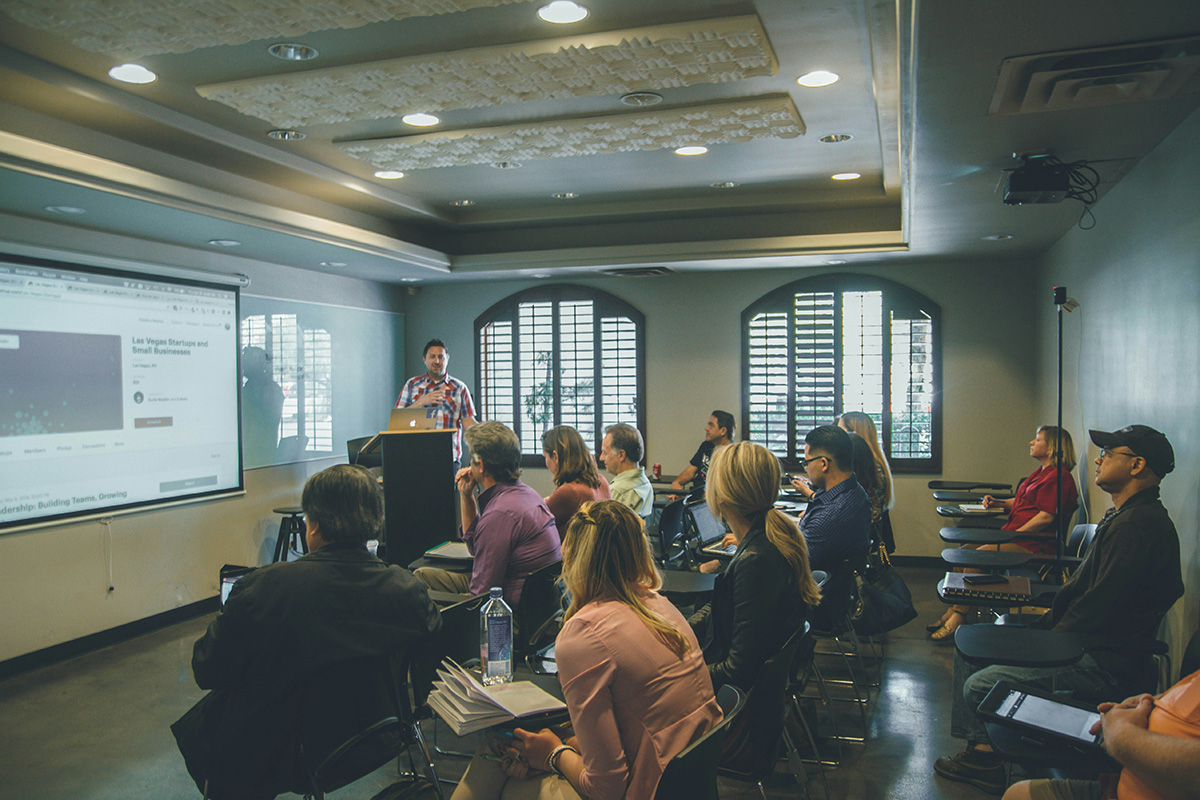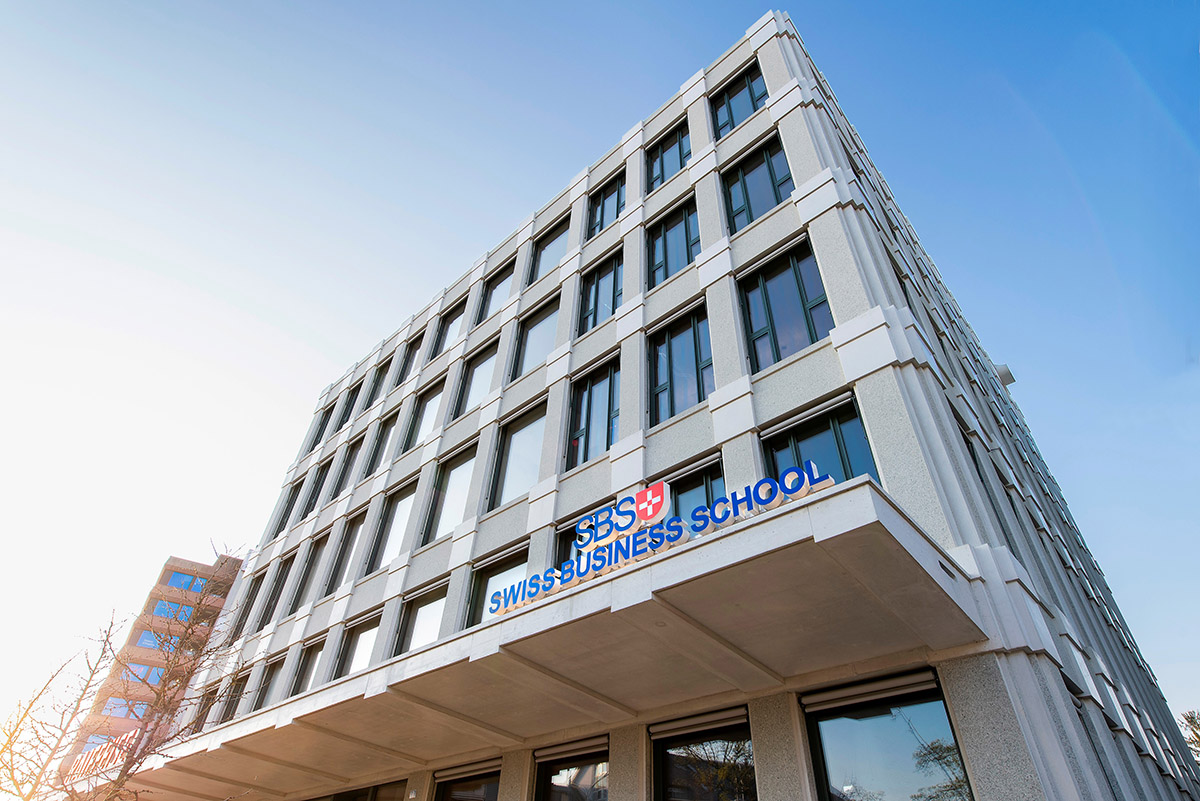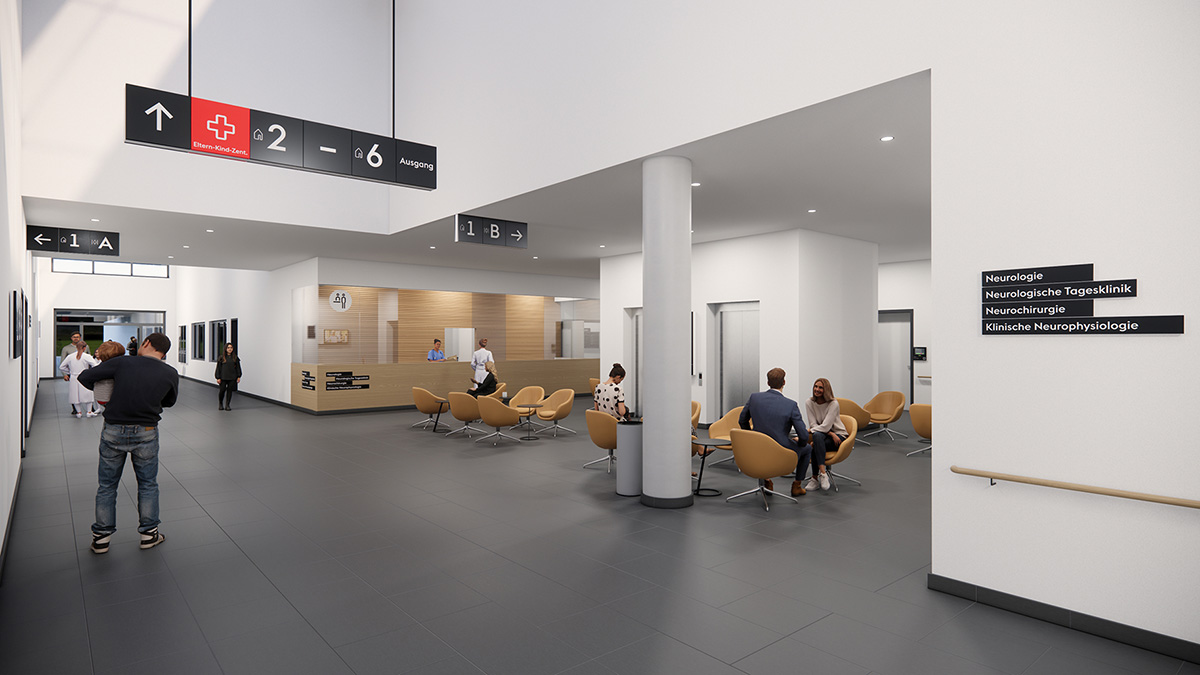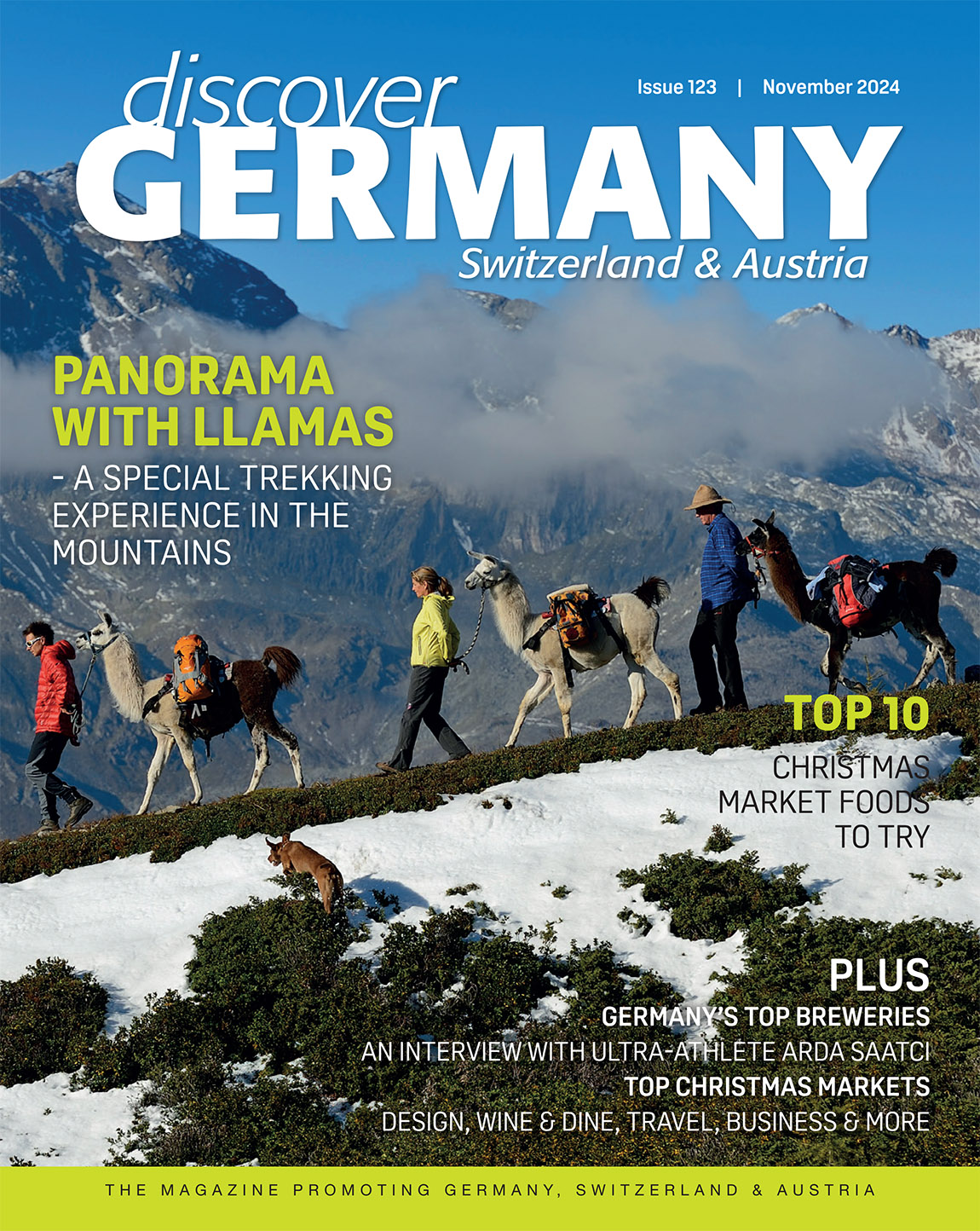TU Dortmund: The study of fashion
Text: Nane Steinhoff | Photos: TU Dortmund
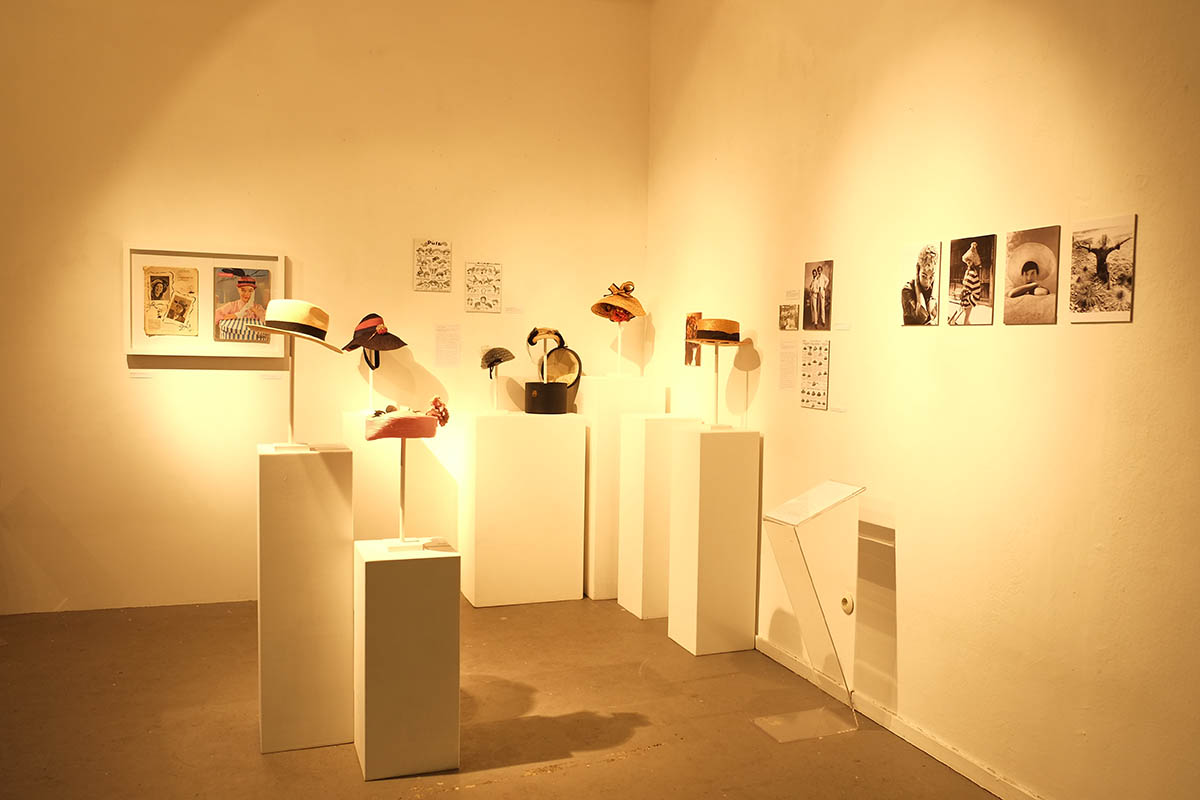
Fashion, clothing and textiles are popular topics – in everyday life, within the economy, in media and also in higher education. While numerous design courses are offered throughout Germany, however, very few specialise in fashion theory and history. TU Dortmund University is an exception.
The Institute for Art and Material Culture conducts research and teaches courses on garments and style, bodies and fashion from the 18th century to the present day, in the context of production, communication and consumption. The Master’s programme, Cultural Analysis and Cultural Intermediation, which combines art history, musicology and cultural anthropology, is unique in the educational landscape. Students have the opportunity for interdisciplinary training and can focus on fashion and textiles. The academic profile Cultural Anthropology examines the material and visual dimensions of fashion, as well as image and body practices.
Important practical experiences
The cultural and object analysis provides the basis for diverse forms of education. The programme fosters the critical and historical understanding of fashion, people, culture and societies. Within a multi-semester programme, students develop theoretical projects on textile and fashion that are presented at professionally produced exhibitions and in publications. Students analyse cultural processes and artistic phenomena in a social context. The ultimate goal is to train analysts of culture and curators for the fields of research, museum work, exhibitions, journalism and public performances. From the very beginning of their studies, the Master’s students accumulate important practical experience, gain insights into their future careers and start building professional networks.
Open to the world
Studying at the TU Dortmund University is a rewarding experience in many respects. Around 4,000 international students from approximately 115 countries study here. This is 11 per cent of the overall student body. Thus, it seems no wonder that more and more students from Dortmund choose to study abroad for a semester or a year and participate in international internships. Furthermore, TU Dortmund University cooperates with universities all over the world. For this we know for sure: internationality improves the quality of research and teaching.

TU Dortmund: Die Wissenschaft der Moden
Mode, Kleidung und Textilien sind boomende Themen – im Alltag, in der Wirtschaft, in den Medien und auch an den Hochschulen. Während sich in Deutschland zahlreiche Designstudiengänge finden, sind wissenschaftliche mit modetheoretischen und modegeschichtlichen Schwerpunkten rar gesät. Die Technische Universität Dortmund bildet hier eine seltene Ausnahme.
An ihrem Institut für Kunst und Materielle Kultur werden Geschichte und Theorien von Kleidung und Stil, Körper und Mode vom 18. Jahrhundert bis heute im Kontext von Produktion, Kommunikation und Konsum erforscht und gelehrt. Einzigartig in der Bildungslandschaft ist der Masterstudiengang ‚Kulturanalyse und Kulturvermittlung‘, der die drei Profile Kunstgeschichte, Musikwissenschaft und Kulturanthropologie verknüpft. Die Studierenden erleben eine interdisziplinäre Ausbildung und können den Fokus auf Moden und Textilien lenken. Das kulturanthropologische Studienprofil untersucht die materiellen und visuellen Dimensionen von Mode-, Bild- und Körperpraktiken.
Wichtige Praxiserfahrungen
Die Kultur- und Objektanalyse bildet die Grundlage diverser Formen der Vermittlung. Das Studium fördert ein kritisches und historisches Verstehen von Moden, Menschen, Kulturen und Gesellschaften. Im Rahmen eines mehrsemestrigen Projektstudiums erarbeiten die Studierenden Textil- und Modethemen, die in professionell produzierten Ausstellungen und Publikationen öffentlich präsentiert werden. Sie analysieren kulturelle Prozesse und künstlerische Phänomene im gesellschaftlichen Kontext. Ziel ist die Qualifikation von wissenschaftlichen Kulturanalytiker/-innen, Kuratoren und Kuratorinnen für die Bereiche Wissenschaft, Museum, Ausstellung, Journalismus, Konzertpädagogik und Bildungsarbeit. Zu guter Letzt gewinnen die Masterstudierenden bereits im Studium wichtige Praxiserfahrungen und Einblicke in Berufsfelder. Sie beginnen frühzeitig ein Netzwerk aufzubauen und sich beruflich breit zu orientieren.
Mit der Welt verbunden
Ein Studium an der TU Dortmund lohnt sich in vielerlei HinsichtWVV. Ein besonderes Highlight für viele Studierende ist die Internationalität der Hochschule. Hier lernen rund 4.000 internationale Studierende aus 115 Ländern. Das sind 11 Prozent aller Studierenden. Es scheint also kein Wunder, dass immer mehr Dortmunder Studierende Teile ihres Studiums oder Praktika im Ausland absolvieren. Des Weiteren kooperiert die TU Dortmund mit Hochschulen in der ganzen Welt. Die TU Dortmund ist sich sicher: Internationalität verbessert die Qualität der Forschung und Lehre.
Subscribe to Our Newsletter
Receive our monthly newsletter by email
